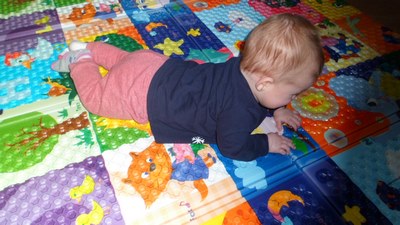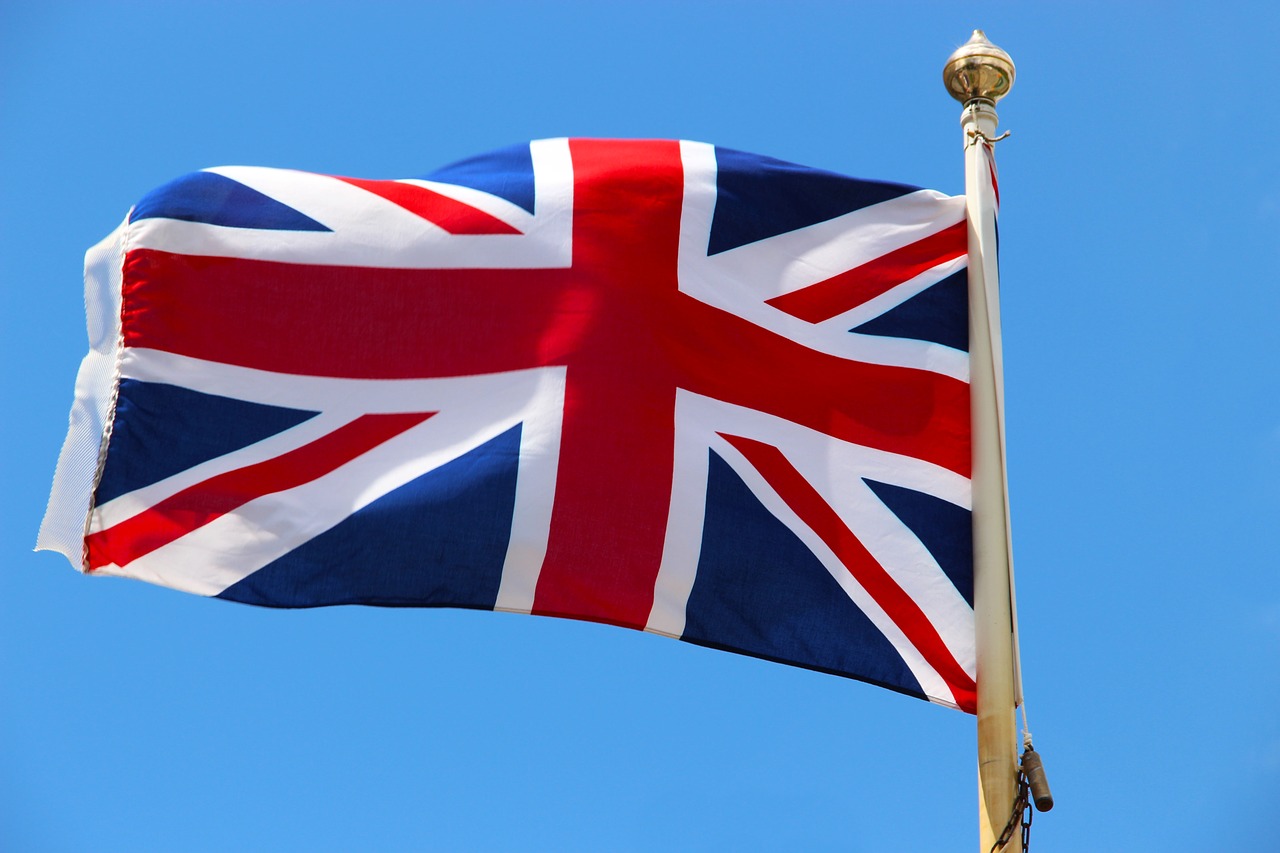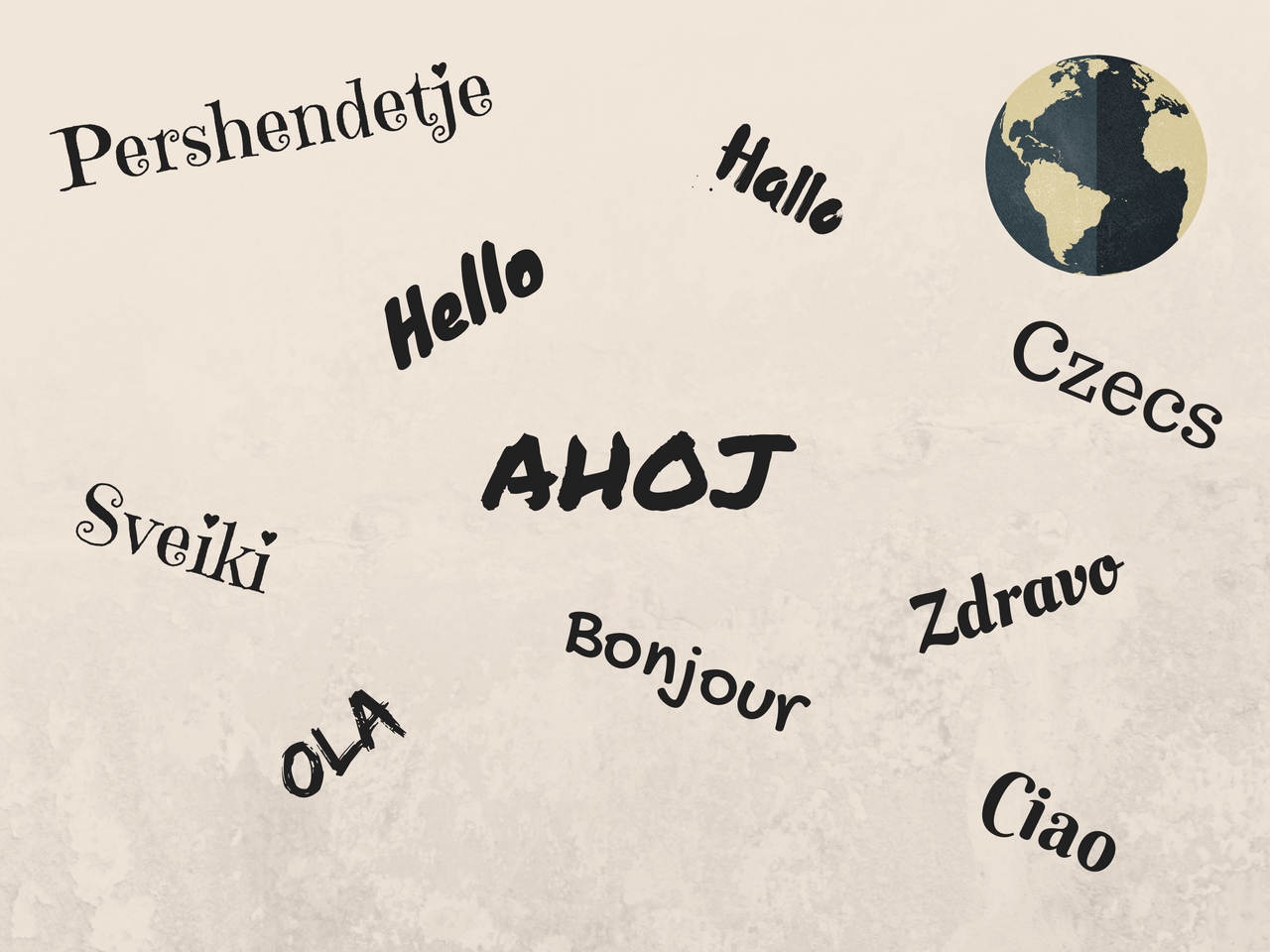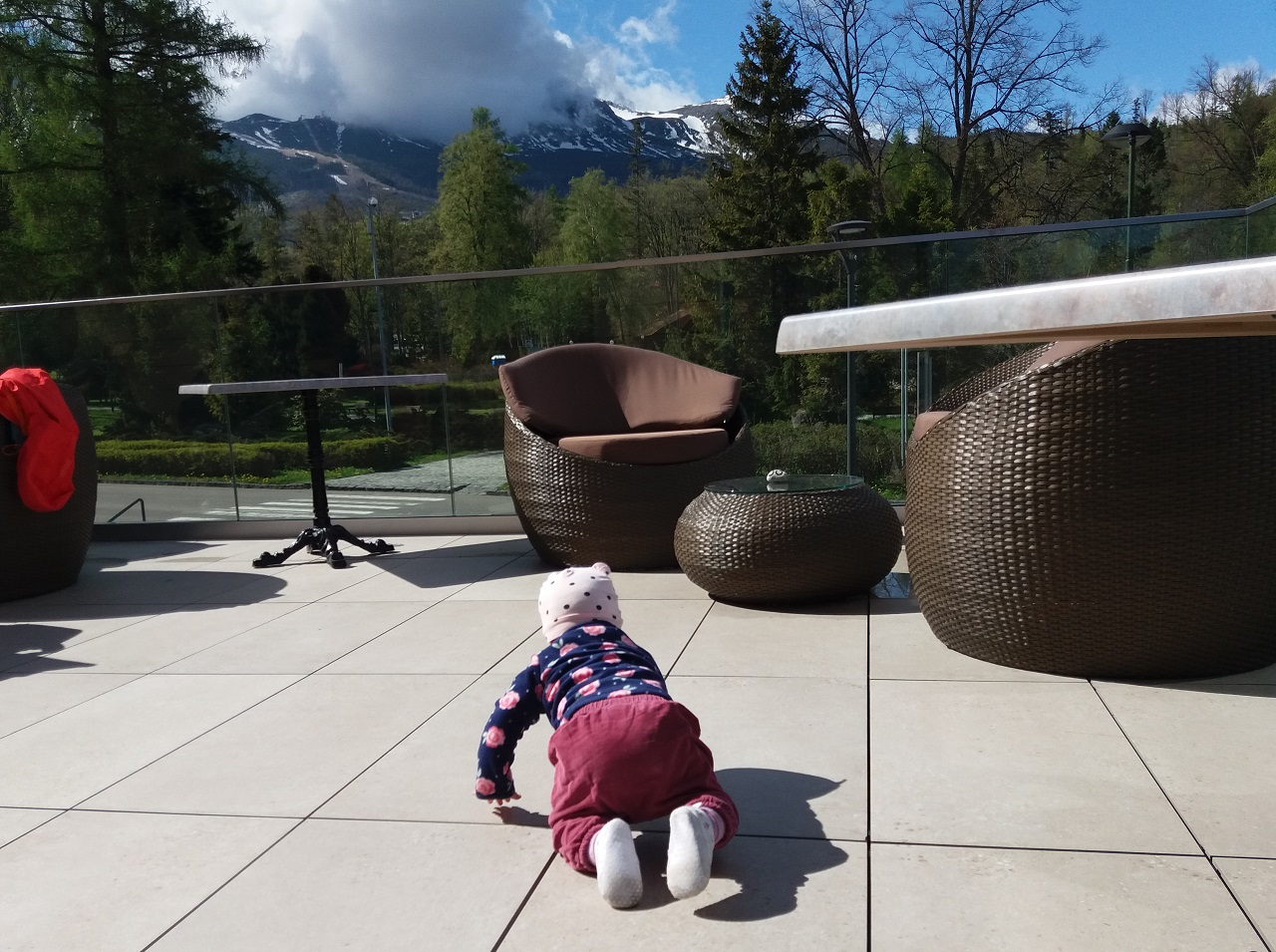Becoming a parent abroad has many challenges. One of them is deciding what language you want your child to learn. Do you teach them the community language only or do you introduce your mother tongue as well? Decisions, decisions. A dilemma every parent faces when they decide to start a family abroad. For us, it was a no-brainer. We want our Little E to speak our native languages as well as English. That is Slovak, Albanian and because we live in the UK, English. But that’s when the fun starts. Raising multilingual kids isn’t an easy task. It all sounds great. Multilingualism has some great benefits for your child. But don’t take my word for it, I’m not an expert on the subject. There are, however, many studies and researchers found that bilingualism or multilingualism helps children better understand other people’s perspectives, which results in better natural communication skills. Another study also…
I’ve been learning English since I was eight years old and I thought I’m pretty fluent when I came to live in the UK at the age of twenty. Turned out, I wasn’t. Twelve years later, I’m still learning new words and phrases every day. Some expressions and phrases you would never learn at school. You need to be immersed in a culture and interact with locals. Only then you can learn and understand the slang language of the community.
If you are new to the UK, you may find some expressions listed below helpful, so you don’t look too puzzled when you come across them during your stay in the UK. Here’s a selection of best British phrases I’ve learned that come to mind with examples to give you an idea how to use them. Happy reading.
Before we get into that funny part of being bilingual, let me just say that I’ve never really considered myself as being bilingual. Yes, I’m quite fluent in my second language, English, but nowhere near as fluent as in my mother tongue, Slovak. I always thought that bilingual means speaking two languages at the same native language level. It turns out that bilingualism doesn’t always have a straightforward definition. Bilingual can also be referred to a person who speaks two languages, which I do. No mention of proficiency. So, could I really call myself a bilingual person? Maybe yes, maybe not, but for the purpose of this blog, I’ll stick with bilingualism, as it’s easier than to call myself someone who can speak two languages. Now, let’s get back to the point.
I was asked by a family member a while ago what language am I talking to my daughter. When I said that it’s mainly Slovak, she was pleasantly surprised. She also told me that she knows few Slovak couples living abroad who didn’t teach their kids our native language. That sparks a question. Is it really that important to teach a child your mother tongue when you live in foreign lands? You see, when you live abroad, you may feel that you have to teach your child a community language first and if that language is English, it just makes so much sense. English is widely spread around the globe and you would much rather your child to be fluent in an international language, right? I agree, but don’t dismiss your mother tongue just yet. It should still be on your list of top priorities. While to me it comes…





